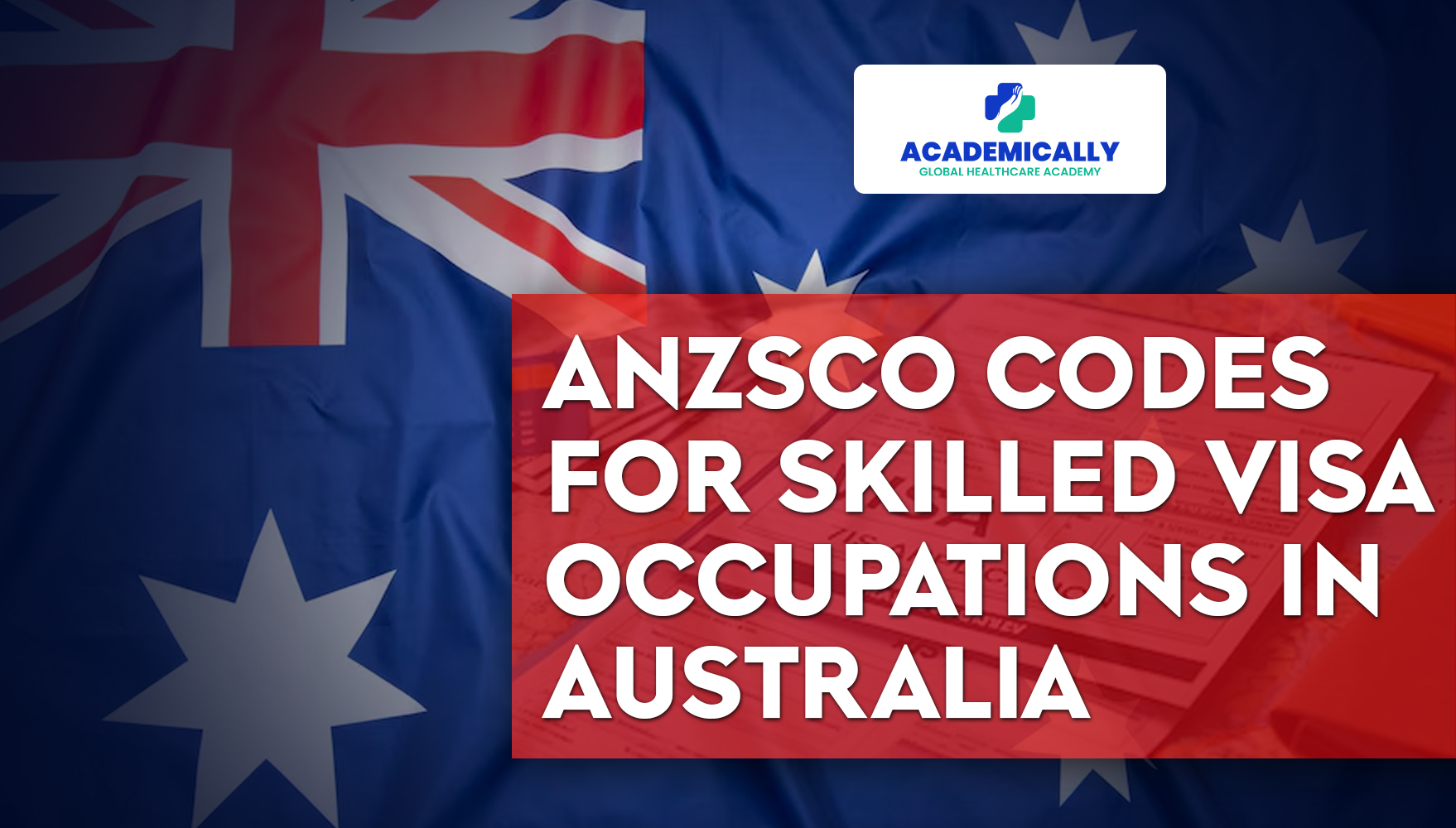What are ANZSCO Codes?
ANZSCO codes are a method for classifying jobs in Australia and New Zealand. Developed together by the Australian Bureau of Statistics (ABS), Statistics New Zealand, and the Department of Education and Training, these codes help in systematically identifying and categorising different job roles based on their functions and requirements.
Each ANZSCO code consists of a six-digit number unique to each occupation. For example, the ANZSCO code for a hospital pharmacist is - "251511."
In the ANZSCO system jobs are systematically organised into 8 major groups, which are then divided into smaller sub-groups, and finally into individual occupations.
Overview of ANZSCO Structure
ANZSCO is organised into five levels: major group, sub-major group, minor group, unit group, and occupation. Each level has a specific code:
- Major groups: Contains 1 digit and is the broadest level, made up of sub-major groups.
- Sub-major groups: Contains 2 digits and is made up of minor groups.
- Minor groups: Contains 3 digits and is made up of unit groups.
- Unit groups: Contains 4 digits and is made up of similar occupations.
- Occupations: Contains 6 digits and specific jobs.
Following Are The ANZSCO Codes For Healthcare Professionals
When applying for a skilled visa to Australia, the Department of Home Affairs uses ANZSCO codes to assess and validate your occupation. The codes are linked to the skills and qualifications required for different job roles, therefore making sure that only qualified individuals are considered for migration. Here is a table for occupations in the healthcare sector and their respective codes:
OCCUPATION | ANZSCO Code |
|---|---|
| 253112 |
| 253323 |
| 225412 |
| 251214 |
| 253311 |
| 253399 |
| 253511 |
| 253324 |
| 253518 |
| 253521 |
| 251511 |
| 251512 |
| 311215 |
| 251513 |
| 411411 |
| 411412 |
| 254211 |
| 254311 |
| 254411 |
| 254212 |
| 362411 |
| 254412 |
| 254413 |
| 254414 |
| 254415 |
| 254416 |
| 254417 |
| 254421 |
| 254418 |
| 254422 |
| 254425 |
| 254423 |
| 254424 |
| 254499 |
| 411112 |
| 253317 |
| 311211 |
| 253211 |
| 311212 |
| 311411 |
| 411213 |
| 311213 |
| 311299 |
| 311215 |
| 311499 |
| 253512 |
| 253513 |
| 253514 |
| 253516 |
| 253517 |
| 234513 |
| 233913 |
| 234514 |
Conclusion
If you are someone who is preparing to migrate to Australia and start your practice in the diverse healthcare landscape of the country, understanding the ANZSCO codes should be the first step in your preparation to ensure you don't make any mistakes while applying for a visa. The codes are important for all healthcare professionals applying, especially for a skilled visa in Australia, as they make sure that only qualified individuals are chosen for migration and make the transition smoother and more efficient.
We at Academically provide all the courses and their tuition to become a successful healthcare practitioner in Australia. Our courses are created by the best medical practitioners, educators and clinicians from top academic universities who also offer one-on-one tutoring to help you ace your exams.
By knowing your ANZSCO code and meeting the necessary requirements, you can improve your chances of successfully securing a visa and starting a new chapter in Australia as a healthcare professional.
To read more about Academically’s healthcare courses for Australia: Global Medical Exam Courses & Programs | Academically Australia.
Fill out this form for a free counselling session.


